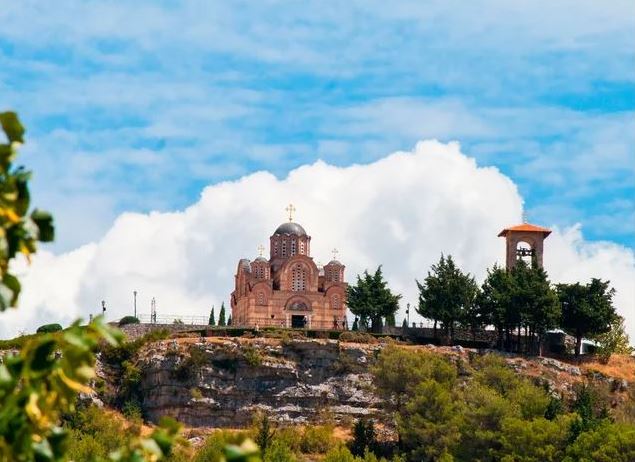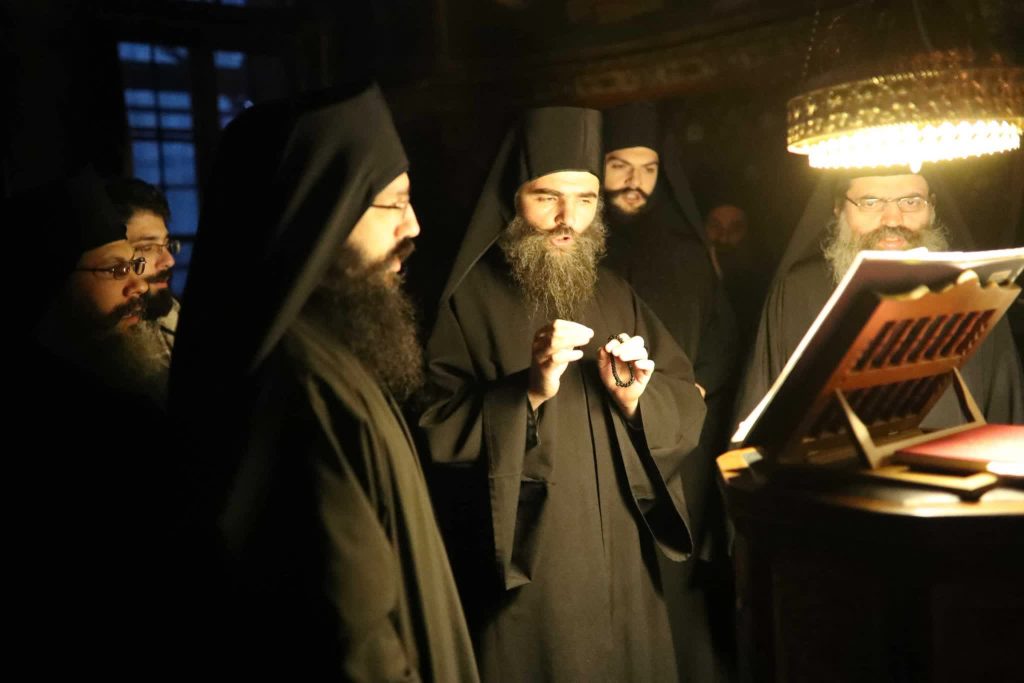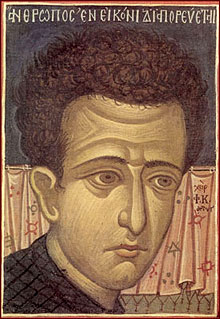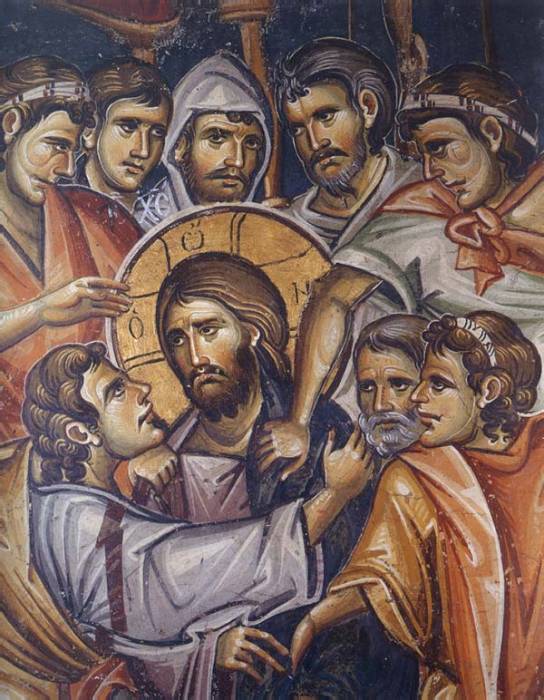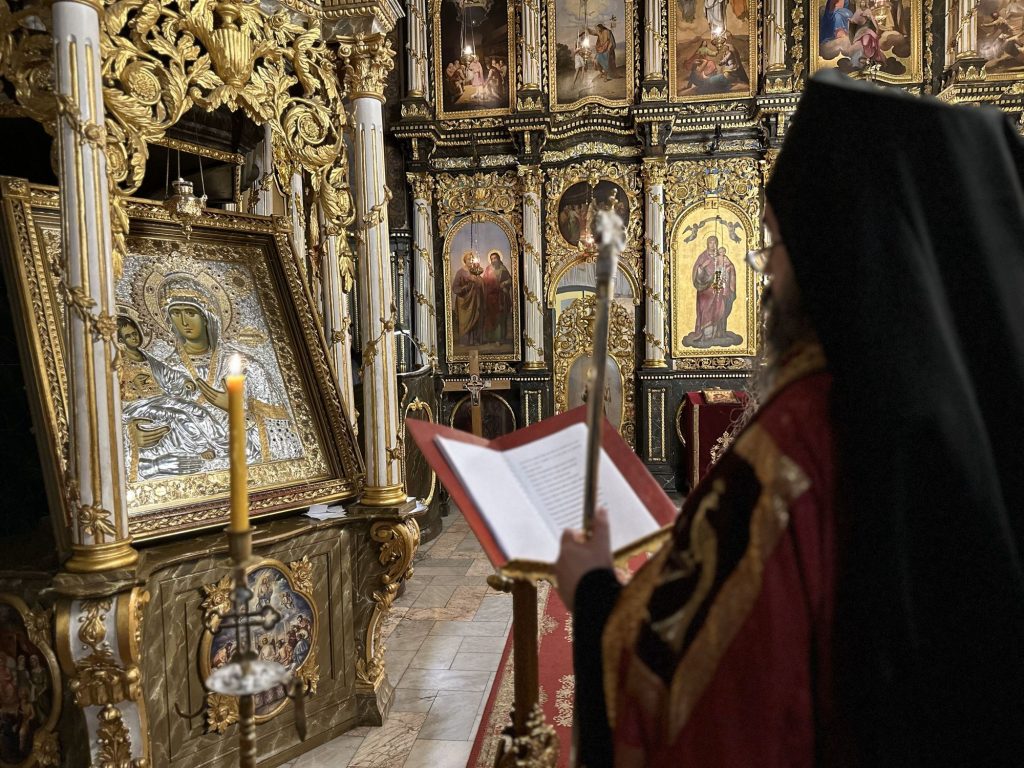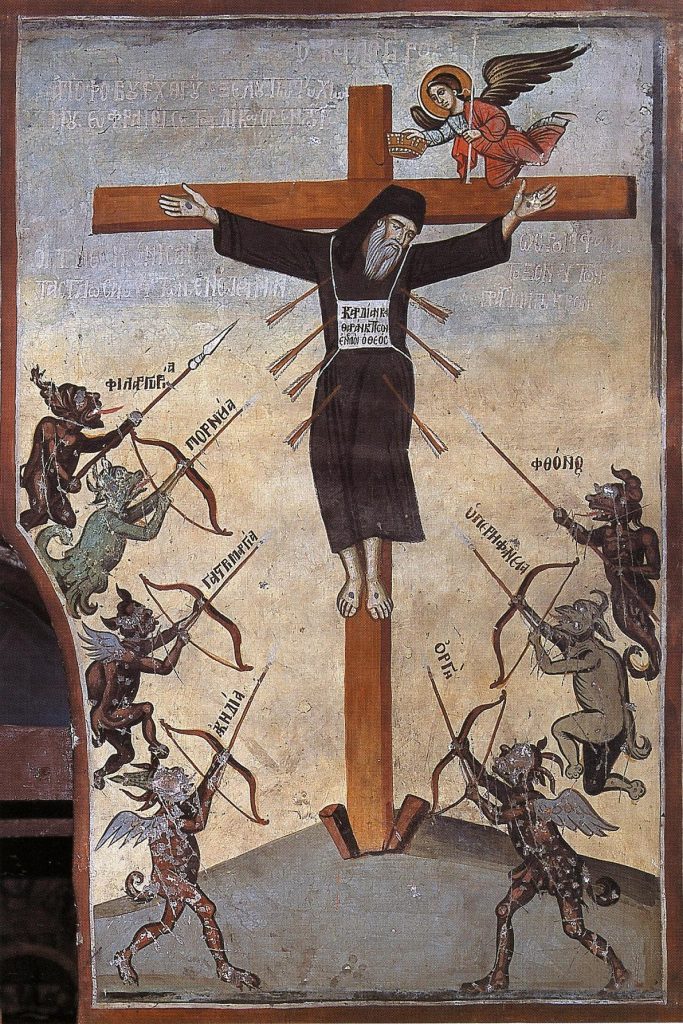If you have faith, then you’ll rise in the morning to say your prayers. If you have faith, at lunchtime when you sit to eat, you’ll do your cross. If you have faith, at night before you fall asleep, you’ll pray again. If you have faith, you’ll work all week and on Sunday, as soon as you hear the church-bell, your legs will grow wings for you to rush to church. If you have faith, you will forgive your enemy. If you have faith, you’ll receive Holy Communion. If you have faith, you’ll go to confession at least once a year. Just as someone who is not baptized is not a Christian, in the same way, anyone who doesn’t confess, is not a Christian. Confession is one of the seven Sacraments of our holy Church.
If you have faith, you’ll also do something else: you’ll open the Gospel every day. Just as a day doesn’t pass without you eating, in the same way a day shouldn’t pass without you reading the Gospel, the holy words of our Christ.
We shouldn’t hide what we believe, but we should preach it. Have you seen the Jehovah’s Witnesses? They reach the edge of the world, abandoning everything so as to preach their satanic heresy. How much more should you do this, you who have the truth. Do you have faith? Don’t hide it, don’t be a crypto-Christian.
Preach Christ, like the holy apostles and missionaries. Do you have faith? Speak about Christ. Do you have a tongue? Sanctify it by preaching to your neighbour. Are you a mother? Teach your children. That you nurse them isn’t so special, even a bear suckles her young. Speak to your child! Are you a grandmother? Speak. If I am anything at all —I admit it— I owe it to my grandmother, may her memory be eternal. When I remember her, my eyes well up with tears. She was illiterate, but she would cuddle us, and it was she who taught us to do our cross, to say the “Our Father,” to pray… Blessed grandmothers! They aren’t like that now, their minds are constantly on what’s in fashion. So talk about Christ. Are you a father? Talk about Christ. Are you a teacher? Speak about Christ. Are you a priest? Speak about Christ. Are you a priest? Speak about Christ. Are you a Christian? Speak, and that’s when I’ll call you a Christian. I will know it by your speech, I will know it by your hands, I will know it by your legs, and by all your being. That’s how I will know that you are a Christian.
Excerpt form sermon by (†) Bishop Augustinos Kantiotes


